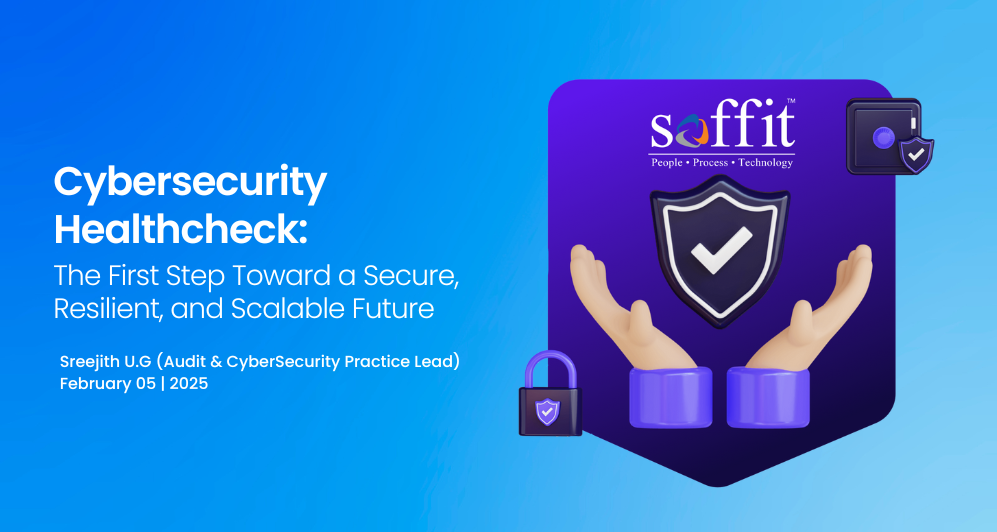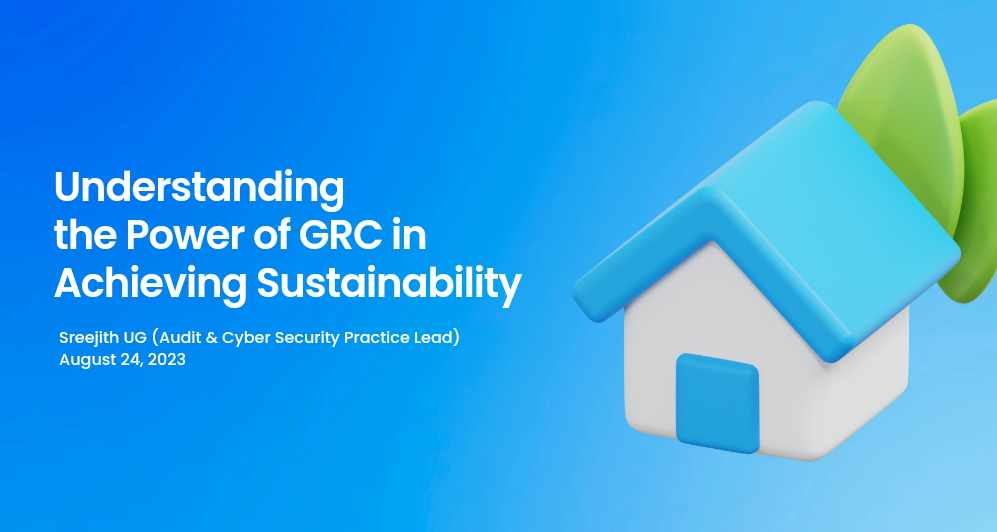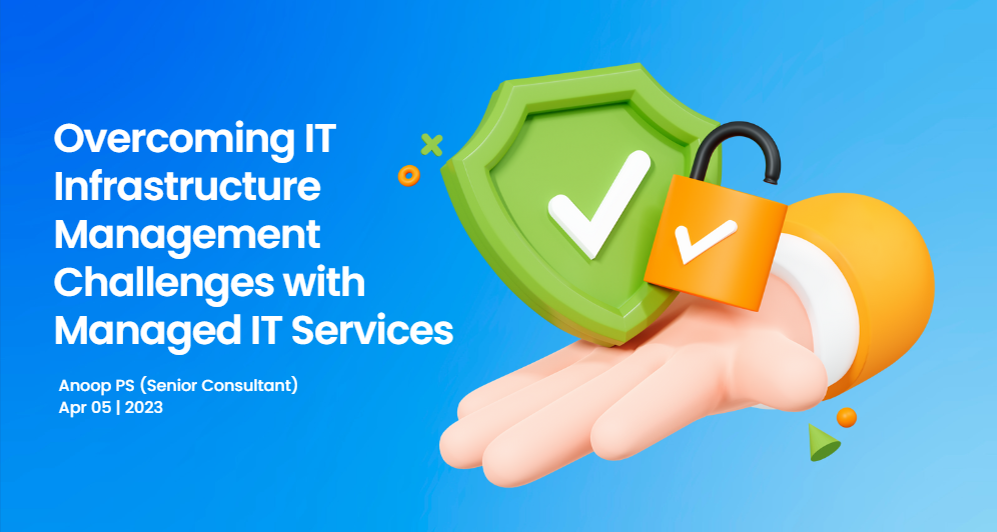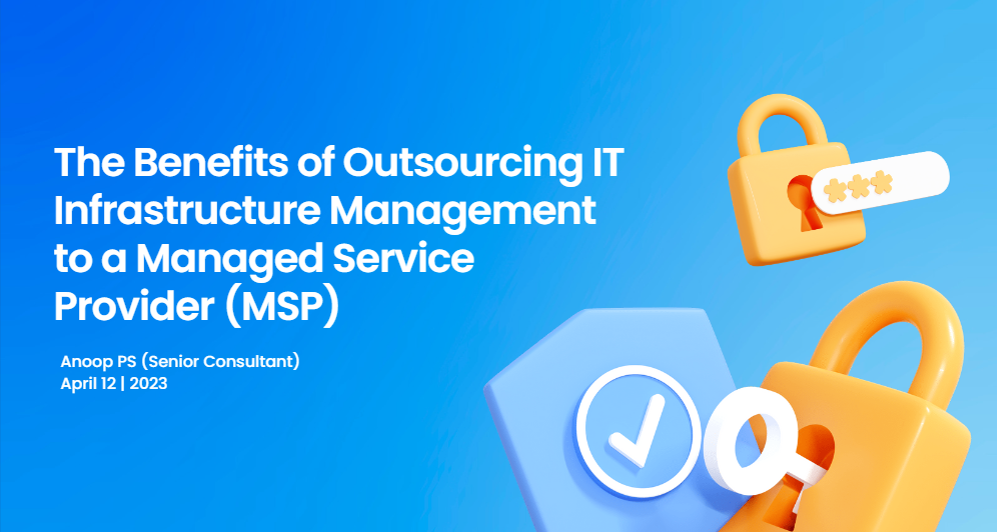sales@soffit.in | support@soffit.in | helpdesk@soffit.in
+91 1800 103 8 912 | +91 94 950 93 000

Top Stories

Data privacy has become a critical priority for organizations and professionals alike. Whether addressing the demands of stringent regulations or protecting sensitive data from evolving cyber threats, businesses face growing challenges in safeguarding information while maintaining operational efficiency.
For employees, leaders, and industry stakeholders, understanding the complexities of data privacy isn’t just about compliance—it’s about building trust, driving innovation, and ensuring resilience across industries.
Why Data Privacy matters
Data privacy is the foundation of a secure and trustworthy digital environment. It’s about more than confidentiality; it ensures the integrity, availability, and protection of data throughout its lifecycle. Safeguarding personal information, intellectual property, and critical business assets has become an essential aspect of maintaining competitiveness and mitigating risks.
The current landscape
Recent years have seen a surge in data breaches, with cybercriminals targeting vulnerabilities across industries. Regulations such as GDPR, CCPA, DPDP, and HIPAA underscore the importance of data privacy, placing stringent requirements on how organizations collect, process, and store information. Non-compliance can lead to severe penalties and loss of customer trust.
In a significant development, several prominent companies, including TikTok, AliExpress, SHEIN, Temu, WeChat, and Xiaomi, accused to sending user data to China. According to EU law, data from EU customers may only be transferred to countries that uphold stringent data privacy standards. This revelation has led the privacy group NOYB to file complaints against these companies in Austria, Belgium, Greece, Italy, and the Netherlands. NOYB is seeking an immediate suspension of such transfers, arguing that user data could potentially be accessed by the Chinese government, violating EU privacy regulations. This incident underscores the global stakes in data privacy and the need for businesses to adhere to cross-border data protection laws.
Adding to the regulatory focus, the Ministry of Electronics and Information Technology in India released draft rules for implementing the Digital Personal Data Protection (DPDP) Act, 2023. The Union government is currently soliciting feedback through a fiduciary framework, emphasizing a structured approach to privacy governance. However, concerns remain about the lack of public disclosure and counter-comments in this process, highlighting the challenges of ensuring transparency in policymaking.
Key Principles of Data Privacy
Organizations must adhere to fundamental data privacy principles to ensure compliance, build trust, and mitigate security risks. These principles serve as the foundation for responsible data management, helping businesses safeguard information while maintaining transparency and accountability. Following are the key principles that guide effective data privacy practices:
- Data Minimization: Collect the data that is absolute necessary for the intended purpose.
- Purpose Limitation: Clearly define the purpose for which data is collected and use it only for that purpose.
- Data Accuracy: Ensure data is accurate, complete, and up-to-date.
- Data Security: Implement robust security measures to protect data from unauthorized access, use, disclosure, disruption, modification, or destruction.
- Accountability: Ensure compliance with data privacy laws and regulations.
Pain points in managing data privacy
- Need to comply with evolving regulatory laws while maintaining transparency.
- Ensuring secure storage, encryption, and access controls without disrupting workflows.
- Balancing cross-border data sharing with legal and ethical obligations.
- Training employees to recognize risks and respond to potential breaches effectively.
Achieving compliance with data privacy laws
To ensure robust data privacy, organizations must focus on the following core areas:
1. Data Inventory and Classification Understanding the data you have, where it resides, and its sensitivity level is foundational. Conducting regular data inventories and categorizing data based on risk is essential for effective management and protection.
2. Access Control and Authentication Implementing strict access controls ensures that only authorized personnel can access sensitive data. Multi-factor authentication (MFA), role-based access control (RBAC), and least-privilege principles are key to minimizing unauthorized access.
3. Encryption and Secure Storage Encrypting data at rest and in transit is crucial for preventing unauthorized access during storage or transmission. Using secure storage solutions and key management practices further enhances data protection.
4. Regular Audits and Assessments Conducting routine audits and vulnerability assessments helps identify weaknesses in your data protection strategy. Penetration testing can simulate real-world attacks, providing insights into how well your systems can withstand threats.
5. Incident Response and Recovery Developing a robust incident response plan ensures that breaches are managed effectively and that downtime is minimized. Regular drills and simulations help teams respond swiftly and cohesively during actual incidents.
6. Regulatory Compliance Staying informed about and adhering to relevant data privacy laws is non-negotiable. Regular compliance reviews and updates to policies and procedures help organizations align with evolving legal requirements.
Trends shaping the future of data privacy
- AI and Privacy- As artificial intelligence becomes integral to business processes, ensuring that AI models are trained on ethical and compliant data sets is crucial. Privacy-preserving AI, such as federated learning, is gaining traction.
- Zero Trust Architecture- The Zero Trust model assumes no implicit trust, requiring continuous verification of users and devices. This approach strengthens data privacy by ensuring access is granted only to verified and authorized entities.
- Privacy by Design - Embedding privacy principles into the development lifecycle of products and services helps organizations proactively address privacy concerns from inception to deployment.
Moving forward
Data privacy is the backbone of trust in the digital economy. This is no longer an IT or legal concern; it’s a shared responsibility. Navigating the complexities of data privacy in a globalized world requires a proactive, collaborative, and solution-focused approach. Hence, embracing innovation, aligning strategies, and empowering people, organizations can turn privacy challenges into opportunities for growth and resilience. By prioritizing data protection and fostering a culture of awareness, organizations can address regulatory demands, minimize risks, and build stronger connections with their customers and partners.
This journey benefits everyone—from employees seeking clarity and resources, to decision-makers driving compliance, to stakeholders working toward a more secure and transparent digital future.

Soffit Infrastructure Services Pvt Ltd
Novel MSR Building,
Marathahalli, Bengaluru,
Karnataka 560037
administrative office
Soffit Infrastructure Services (P) Ltd
34/1441, Punnakkal, Elamakkara PO
Kochi 682026, Kerala, India
support
support [at] soffit [dot] in
helpdesk [at] soffit [dot] in
+91 1800 103 8 912
administration
info [at] soffit [dot] in
careers [at] soffit [dot] in
+91 8138 9042 30


Terms of use | Privacy Policy | Contact us
© 2025 Soffit Infrastructure Services Pvt Ltd. All Rights Reserved
Designed & Developed by Websoul Techserve












